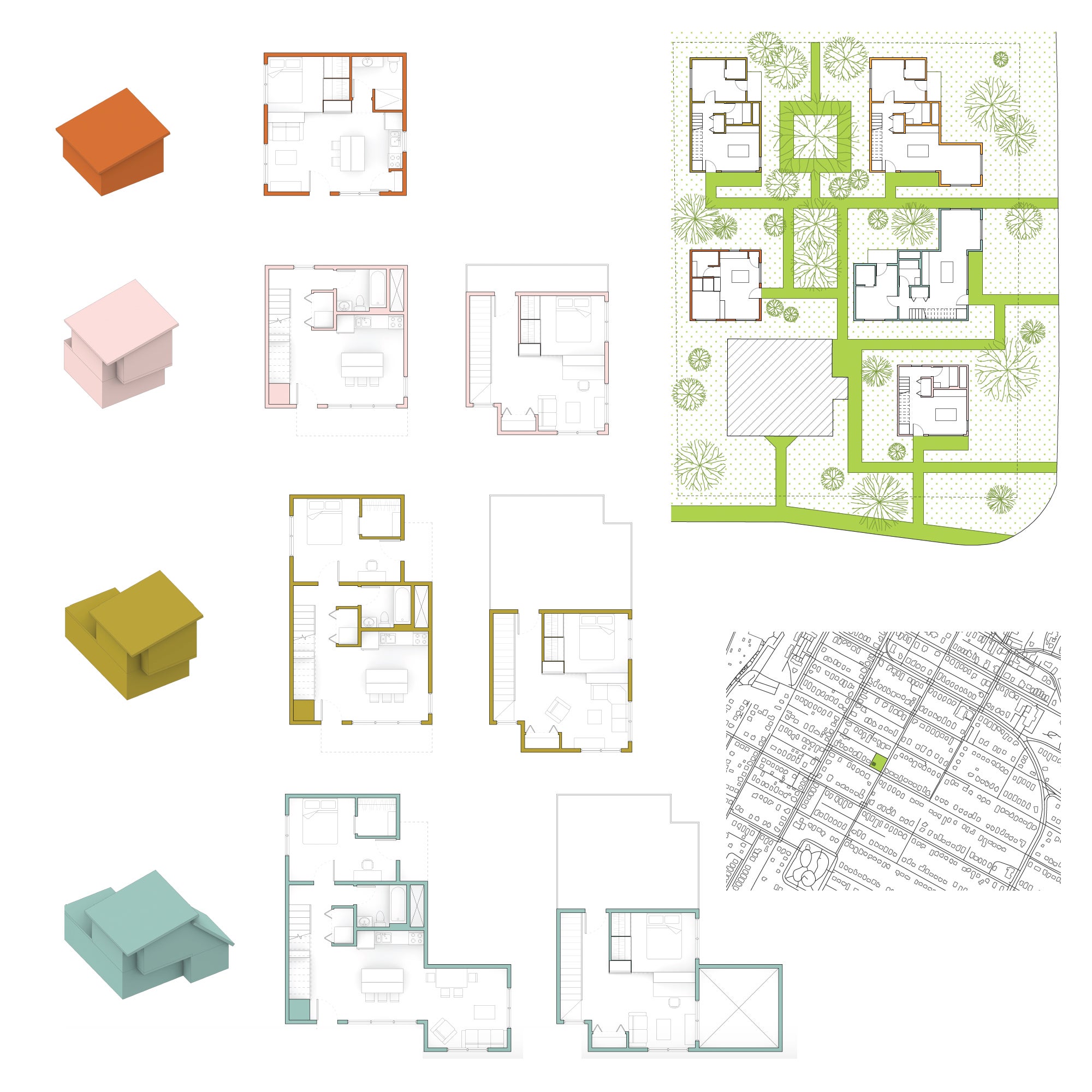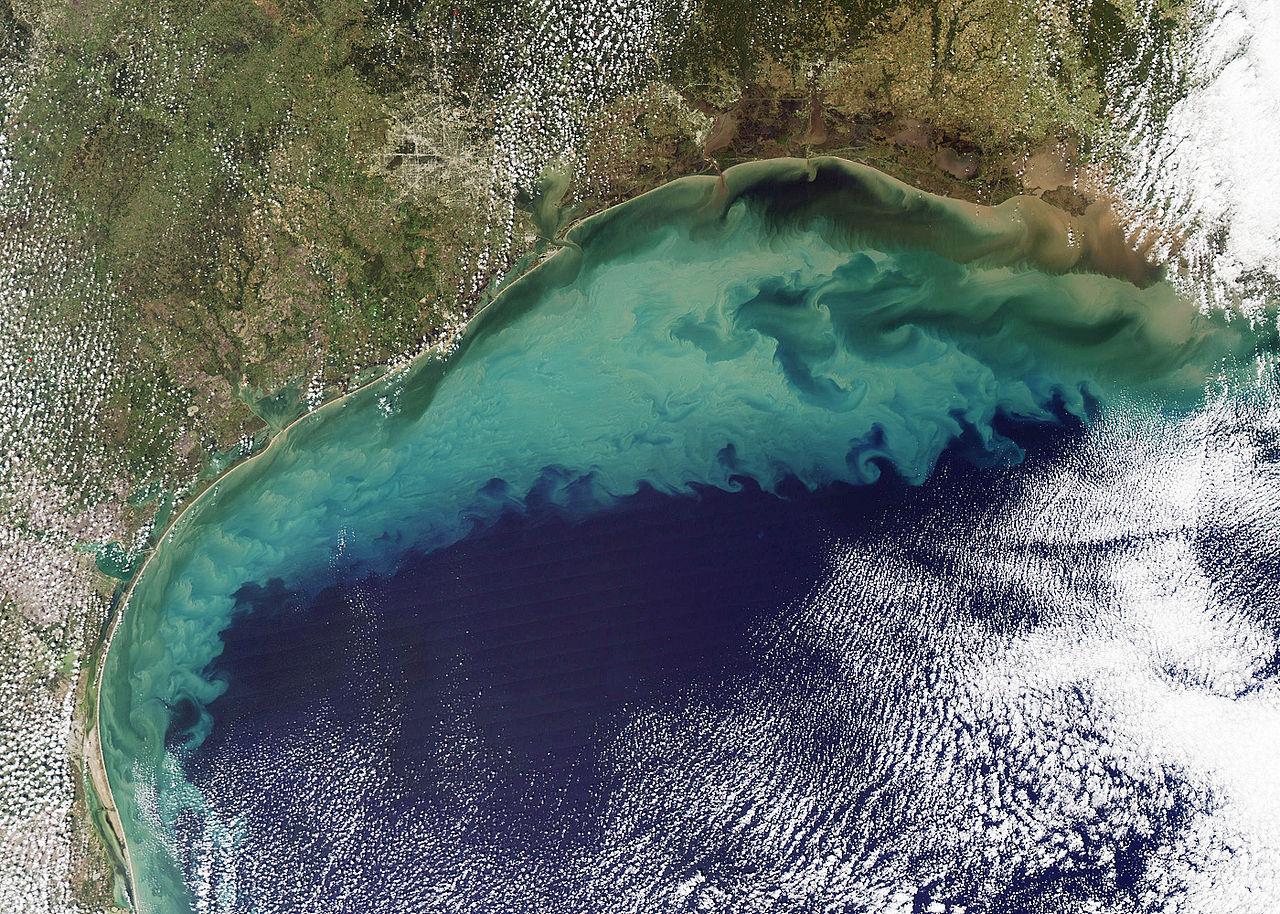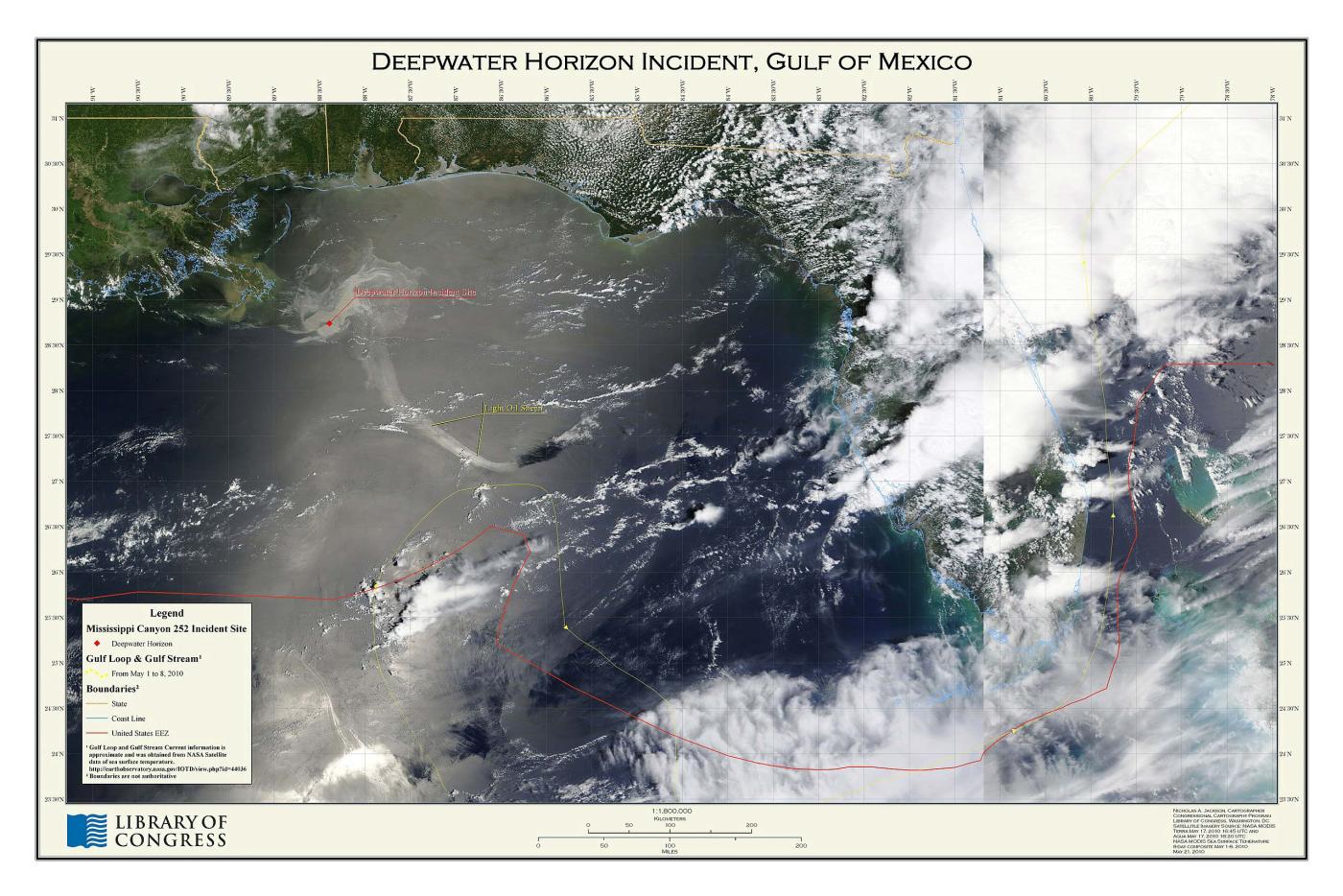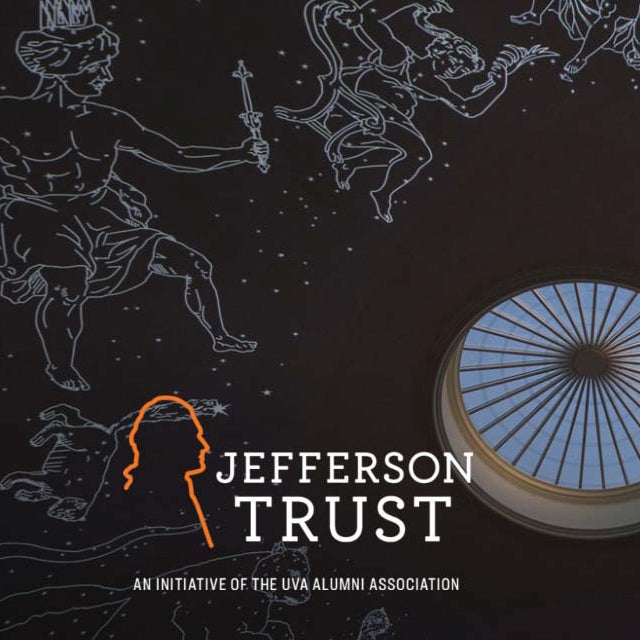
Jennifer Lawrence named Early-Career Fellow advancing research on coastal community resilience

Jennifer Lawrence, PhD (Assistant Professor, Urban and Environmental Planning) has been named to the 2024-26 Early-Career Fellows cohort by the Gulf Research Program (GRP) of the National Academies of Sciences, Engineering and Medicine. Lawrence joins six other fellows nation-wide in the Human Health and Community Resilience Track who will collectively contribute to research that advances an understanding of the role that resilience-based interventions play in addressing the root causes of climate, disaster, and health vulnerability associated with disparities in communities throughout the Gulf of Mexico region. This track is one of two, with five additional fellows joining the Offshore Energy Safety Track, with a focus on systemic risk in offshore energy activities.
The GRP’s Early-Career Research Fellowships program supports emerging leaders as they take on untested research ideas, pursue unique collaborations, and built a network of colleagues who share their interest in advancing the safety of the offshore energy system and improving the well-being of coastal communities and ecosystems.
We asked Lawrence to share how this fellowship builds on her past research, and how it supports its future trajectories.
How has your past work and experiences led you to this work?
My work centers on understanding how interconnected systems of power shape our material reality. For me, this is a personal project and is also at the heart of my professional work. Dispossession and accumulation made possible through global political economic forces becomes clear when you look closely at socio-environmental impacts in extractive energy geographies like Appalachia, where I grew up, and the Gulf of Mexico, where much of my research has been.
The chronic and acute health impacts of extractive practices is undeniable in these places, and yet understanding the practices and policies that give rise to these realities requires us to identify patterns across registers, from global systems to local impacts.
Addressing the root causes of climate disaster and health vulnerability in extractive energy geographies requires us to question the underlying logics that inform our governance
of the natural world, and to reckon with how the values
that are expressed through disaster governance shape
health outcomes for people and place.
My PhD dissertation looked at the production of Deepwater Horizon, the largest oil spill in the history of marine oil drilling operations, as a technological disaster. This research helped me to understand disaster from a systems perspective, and since then I have been working to articulate a theory of disaster that accounts for how political economic systems enable, respond, and compound disasters.
If we can understand the roots of these systems, we can move beyond hope for change and consciously strategize about how to democratically build equitable and flourishing futures for all.

The fellowship supports research ideas and collaborations to improve the well-being of coastal communities and ecosystems. What specifically, within the Gulf of Mexico region, will you be studying?
Understanding the social and political determinants of disaster and the compounding impacts for people and place is foundational to my research.
This fellowship will allow me to engage with communities to understand the protracted health impacts tied to extractive geographies, particularly focusing on workers whose
bodies are on the frontlines of extraction.
These workers endure both chronic exposures and immediate impacts from their occupation. Centering the stories and experiences of people who live and work in energy geographies gives us the context for why systems change is essential to build healthier communities and economies.
What are you looking forward to developing through this fellowship?
I am grateful to belong to a cohort of scholars who are dedicated to promoting health equity and disaster resilience. I’m looking forward to being in a community of practice where our collective work is intentional about seeding actionable research for positive impact in communities across the Gulf of Mexico region and beyond.
I hope that my research continues to open the aperture on how we conceptualize social and political determinants of health and resilience, and that through that opening, we can work toward more just futures.
Jennifer Lawrence Bio
|
Image

|
Jennifer Lawrence is an assistant professor in the department of urban + environmental planning at University of Virginia. Her research explores systems-change for disaster resilience and health equity by examining contradictions within environmental governance, particularly in extractive geographies. Through critical and creative methods, Lawrence’s scholarship provides insight into interconnected systems of power and decision-making that impact people and place from frontline communities to global ecosystems. She is co-founder of FERN: The Feminist Environmental Research Network and works as a professor of practice with the Center for Leadership in Global Sustainability at Virginia Tech where she teaches courses on resource management and sustainability strategies. Lawrence holds dual B.A.s in political science and modern languages and literature from Christopher Newport University, an M.S. in international political economy from the London School of Economics and Political Science, and a Ph.D. in social, political, ethical, and cultural thought from Virginia Tech, where her research addressed the production of and response to disaster through a study of Deepwater Horizon.
...
Gulf Research Program 2024-26 Early-Career Fellows
Human Health and Community Resilience Track
Ebrahim Ahmadisharaf (Florida State University), Heng Cai (Texas A&M University), Simone Domingue (Tulane University’s ByWater Institute), Jennifer Lawrence (University of Virginia), LaToya O’Neal (University of Florida), Khalid Osman (Stanford University), Francisca Santana (University of Washington).
The Offshore Energy Safety Track
Yaqing Jin (University of Texas at Dallas), Leixin Ma (Arizona State University), Weina Meng (Stevens Institute of Technology), Jian Shi (University of Houston), Junbo Zhao (University of Connecticut).
|
Image

|


